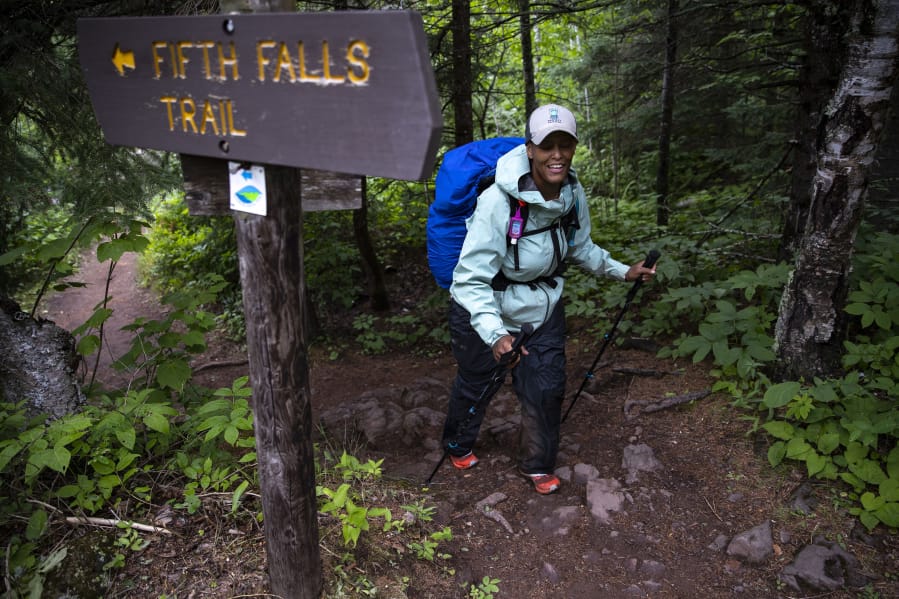As I crested the hill on the slopes of Mount Hood, working my way slowly through alpine meadows and quiet forests, I leaned up against the trunk of a tree to rest and was hit by an unsettling realization: My body was not prepared to hike.
After an entire spring spent stuck close to home, wandering my neighborhood streets in Portland, I wasn’t quite prepared to hoof it up steep mountain trails or rocky paths. My legs felt like clay, my mind like putty, struggling to do an activity that for years now I’ve done professionally.
It’s not an uncommon issue these days. The coronavirus pandemic not only barred Oregonians from some of our favorite trails for months, but it’s left us reeling from an inordinate amount of stress, anxiety, depression and fatigue.
Hiking a little bit better does not — and frankly should not — top our list of concerns at the moment. But finding more comfort on the trail can open a wellspring of joy and relief at a time when we could use it more than ever. Whether you enjoy the physical activity, the natural beauty or the sacred communion, hiking offers a release valve from the troubles that weigh on us.




